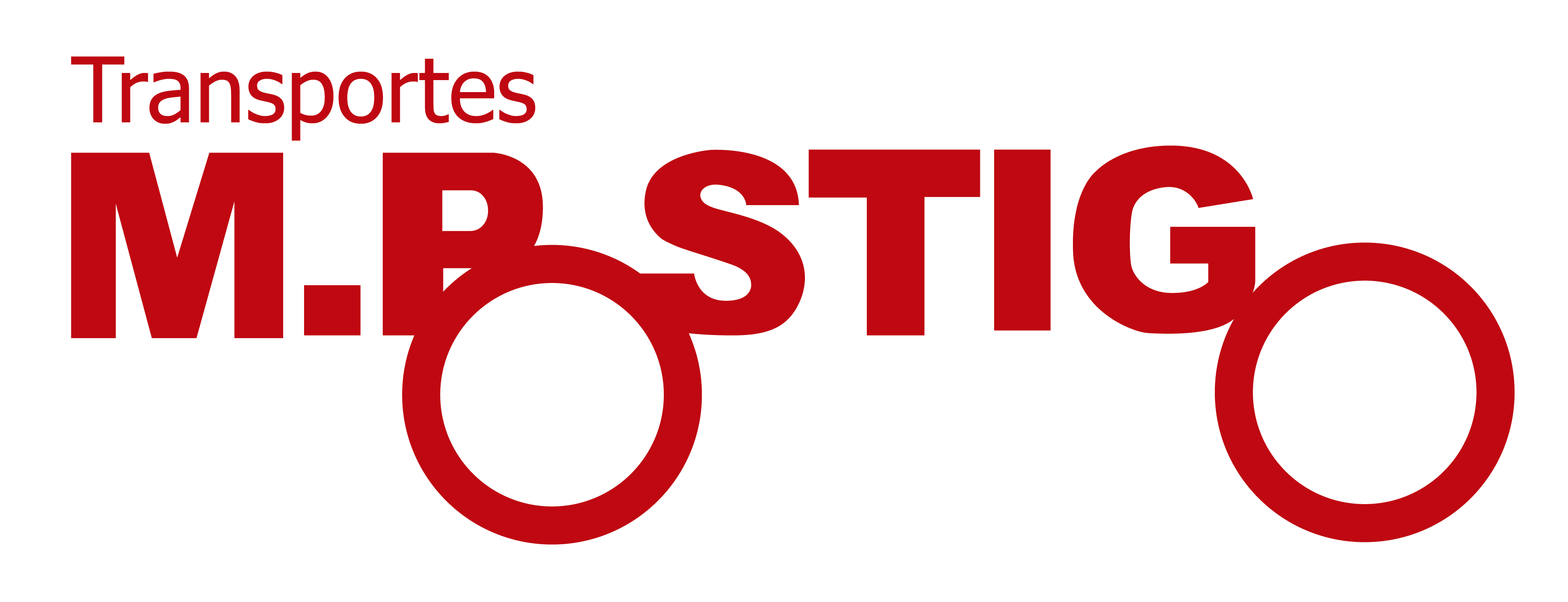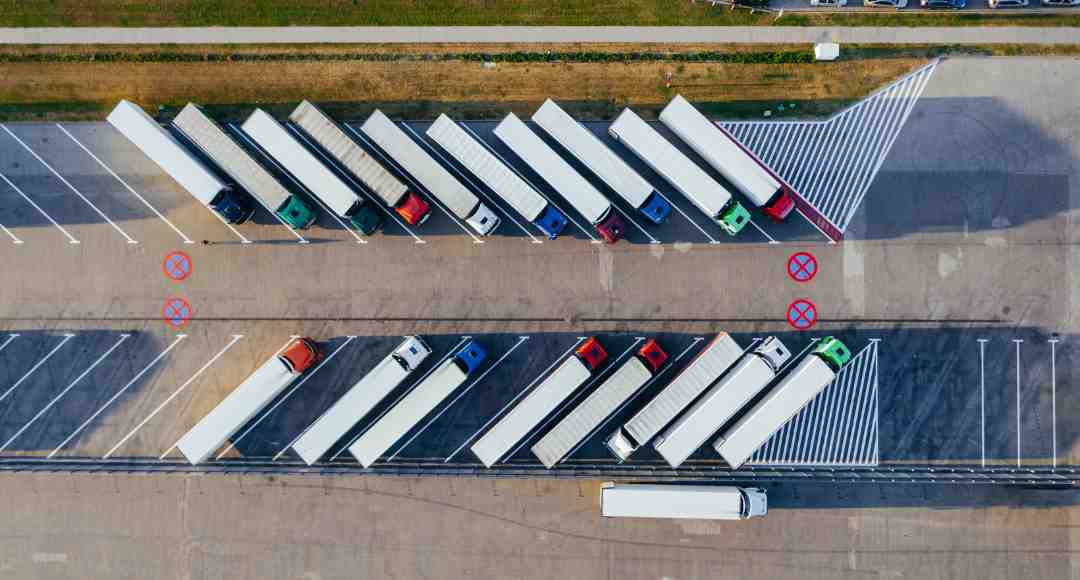In the world of international trade, Incoterms (International Commercial Terms) are a set of rules and acronyms used to define the responsibilities and costs associated with the transportation and delivery of goods between buyers and sellers.
These terms are standardized by the International Chamber of Commerce (ICC) and play a crucial role in global transactions. Below, we will break down some of the most commonly used Incoterms:
EXW (Ex Works): In this term, the primary responsibility falls on the buyer. The seller delivers the goods at their place of business, and the buyer takes care of the entire process of loading, transportation, and related costs to the final destination. It is the most favorable term for the seller and the least risky for them.
DAP (Delivered at Place): Here, the seller assumes the responsibility of delivering the goods to the agreed-upon destination but does not bear the costs associated with unloading. The buyer is responsible for unloading and customs procedures in the destination country.
DDP (Delivered Duty Paid): In this case, the seller takes care of all responsibilities and costs, including taxes and duties, to deliver the goods to the agreed-upon place to the buyer. It is the most favorable term for the buyer as it involves the lowest risk and cost.
DDU (Delivered Duty Unpaid): Here, the seller is responsible for delivering the goods to the agreed-upon place, but the buyer is responsible for taxes, duties, and additional costs once the goods arrive in the destination country.
In summary, Incoterms are essential for clearly establishing responsibilities and costs among the parties involved in international trade.
The choice of the appropriate term depends on the negotiation between the buyer and the seller, as well as the specific conditions of each transaction. It is vital to understand and correctly apply these terms to avoid misunderstandings and logistical problems in the process of transportation and delivery of goods.
The ICC periodically updates Incoterms to adapt to the changing needs of global trade, so it is essential to stay informed about the latest versions for proper application in commercial operations.


